Our world has shrunk considerably over the past 50 to 75 years. The end of World War II saw with it the birth of a more integrated global economy with capitalism gaining influence as communism waned into the early 1990s. The emergence of China from the 1990s to 2020s also reflects the triumph of global capitalism, albeit state-sponsored capitalism.
As with any change in how society is structured, there were groups that benefited massively from this shift to a globalized, capitalist (neoliberal) world and those who didn't. One of the main results of this shift was many goods became cheaper to produce and consumer prices, at least in the United States, remained low for decades.
For nearly 40 years, the average percentage change in consumer prices in the United States barely crossed 5%. In fact, median "inflation" (ie, yearly change in consumer prices) was 2.8% from 1983 to 2021 (we are a far cry from those levels in 2022, though). Compare this to the growth of capital and investment returns over the same time period. The median rate of yearly return for the S&P 500 (a basket of the 500 largest US-based corporations) from the same period, 1983 to 2021 was 12.8%. While this is not perhaps the most elegant economic analysis, I think it demonstrates how much relative value in capital was produced relative to costs passed on to consumers...nearly 10% more per year.
A bigger philosophical question facing the United States in particular as we approach the end of the first quarter of the 21st Century is whether we will allow the innovative and destructive forces of capitalism to continue to affect our citizens' personal health and wellbeing. Deaths of despair (from suicide and drug overdoses) have risen in the United States over the past 15-20 years despite our overall gross domestic product (GDP) per capita continuing to rise relative to other developed economies.
Some illustrative data from McKinsey's Rethinking the Future of American Capitalism report drive home the point:
- American firms rank among the most widely known and the most profitable globally: in economic profit, they make up 38 percent of the top 10.
- In the United States, just 6 percent of counties account for two-thirds of GDP output.
In addition, a variety of data available from inequality.org, sourced from OECD statistics and the Credit Suisse Global Wealth Report highlight the enormous share of wealth concentration in the United States relative to other developed countries.
What is the ideal balance between creative destruction, economic progress/reinvention, and the stability of our society? When should workers be protected at the potential expense of consumers? Will work as we know it be a thing in the future? And if not, is more time for leisure and creative pursuits for all a good thing? Will humanity fill the free time of a technology-laden future making the world better or worse?
These are thorny questions and ultimately how things transpire is unpredictable but that does not mean we don't have some agency in shaping the future we want to see.
Will we become a less globalized and interconnected world, retreating inwards as societies and people?
Will the speed of automation and change result in many being left behind economically in the new world order?
Will inequality continue to increase with potentially explosive societal consequences?
A fundamental set of questions arises: Is our system broken? Can it be reformed? Must it be re-envisioned? Do we have the collective and political will to make real change?
If we don't find a way to strike the right balance between growth at any cost and compassion for all people within our society, though, we could lay the seeds for the destruction of the future we all want to see.
- The End of Work as We Know It: How an Increasingly Automated World Will Change Everything
- The Challenges of Being an International Researcher: Implications for Advanced Degree Labor Markets
- What exactly is neoliberalism?
-
Book: Capital in the Twenty-First Century
- See also the documentary on the topic
- Rethinking the future of American capitalism (from McKinsey)
- Inequality: A persisting challenge and its implications (from McKinsey)
- The social contract in the 21st century: Outcomes so far for workers, consumers, and savers in advanced economies (from McKinsey)
- Book: The Power of Creative Destruction: Economic Upheaval and the Wealth of Nations
- Book: US vs. Them: The Failure of Globalism
-
Book: Six Faces of Globalization: Who Wins, Who Loses, and Why It Matters
- More on this concept from one of the book's authors, Anthea Roberts on her personal website
- Who wins and who loses from globalization? There are (at least) six answers (excerpt from the Book)
- The Corporate Power Narrative: How Corporations Benefit from Economic Globalization (excerpt from the Book)
- Book: Deaths of Despair and the Future of Capitalism
- America's crisis of despair: A federal task force for economic recovery and societal well-being
- Book: Forward: Notes on the Future of Our Democracy
-
Relevant political reads from The Atlantic:
-
How the U.K. Became One of the Poorest Countries in Western Europe
- A cautionary tale?
-
The Wreckage of Neoliberalism
- The postwar neoliberal economic project is nearing its end. The question is who will write the last chapter, the Democrats or the totalitarians?
-
How the U.K. Became One of the Poorest Countries in Western Europe
- INEQUALITY.ORG (United States and global data)
- realtimeinequality.org (United States data)
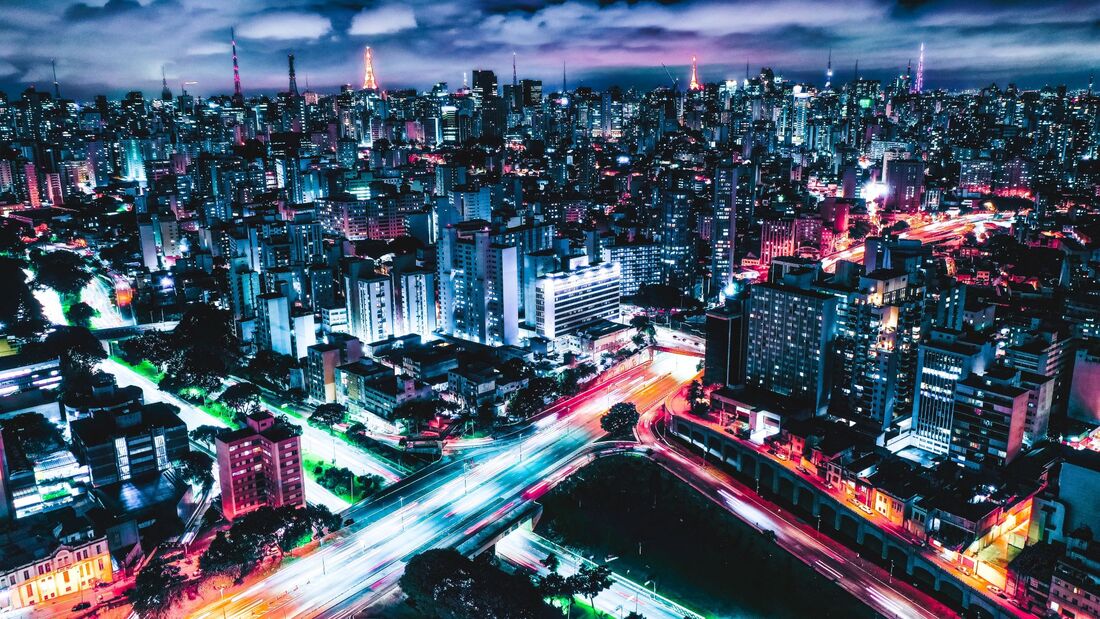
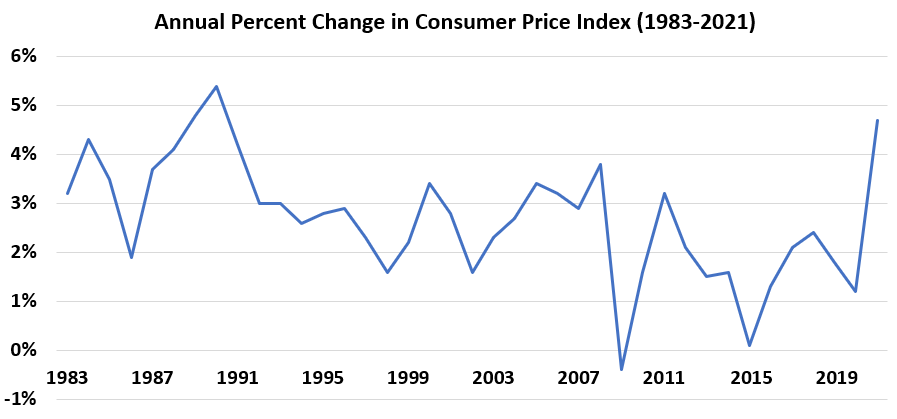
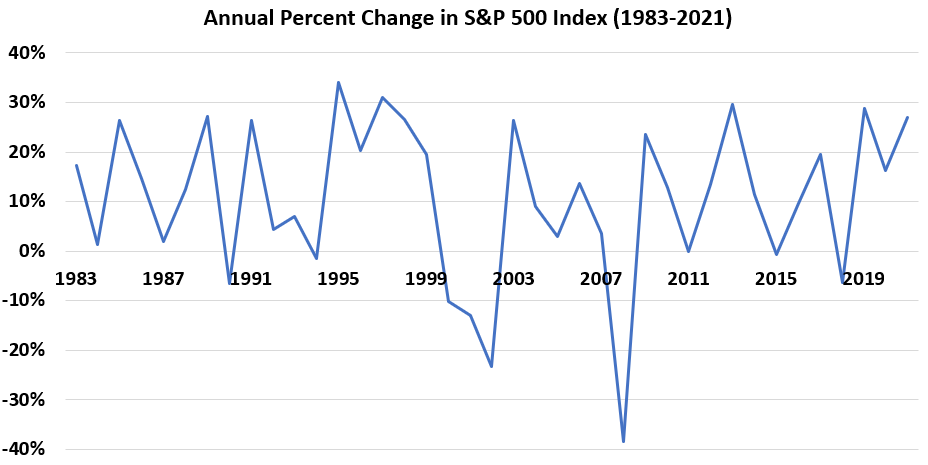
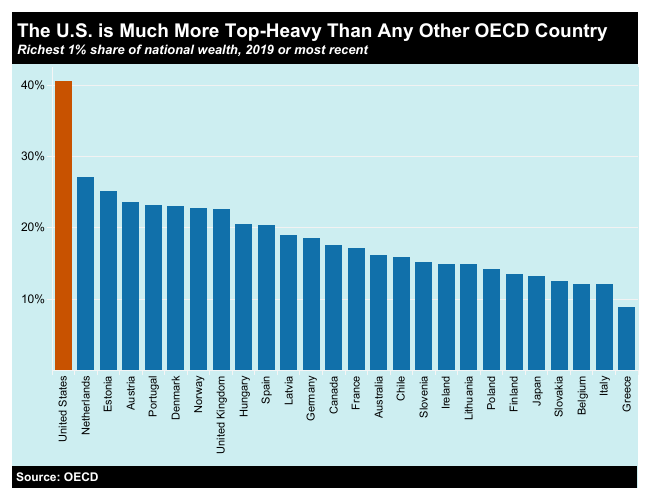
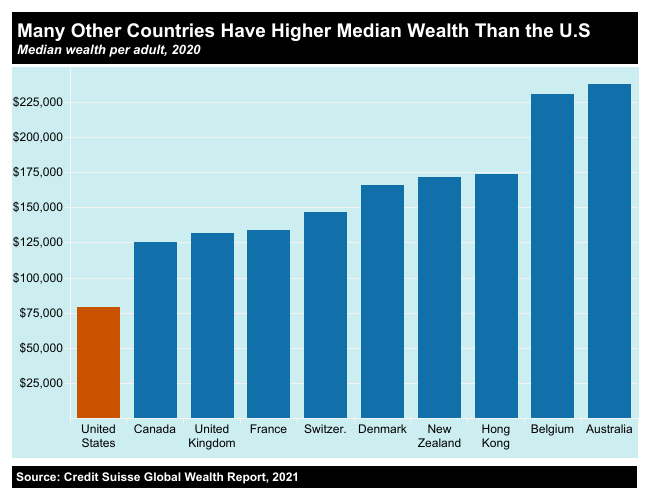

 RSS Feed
RSS Feed